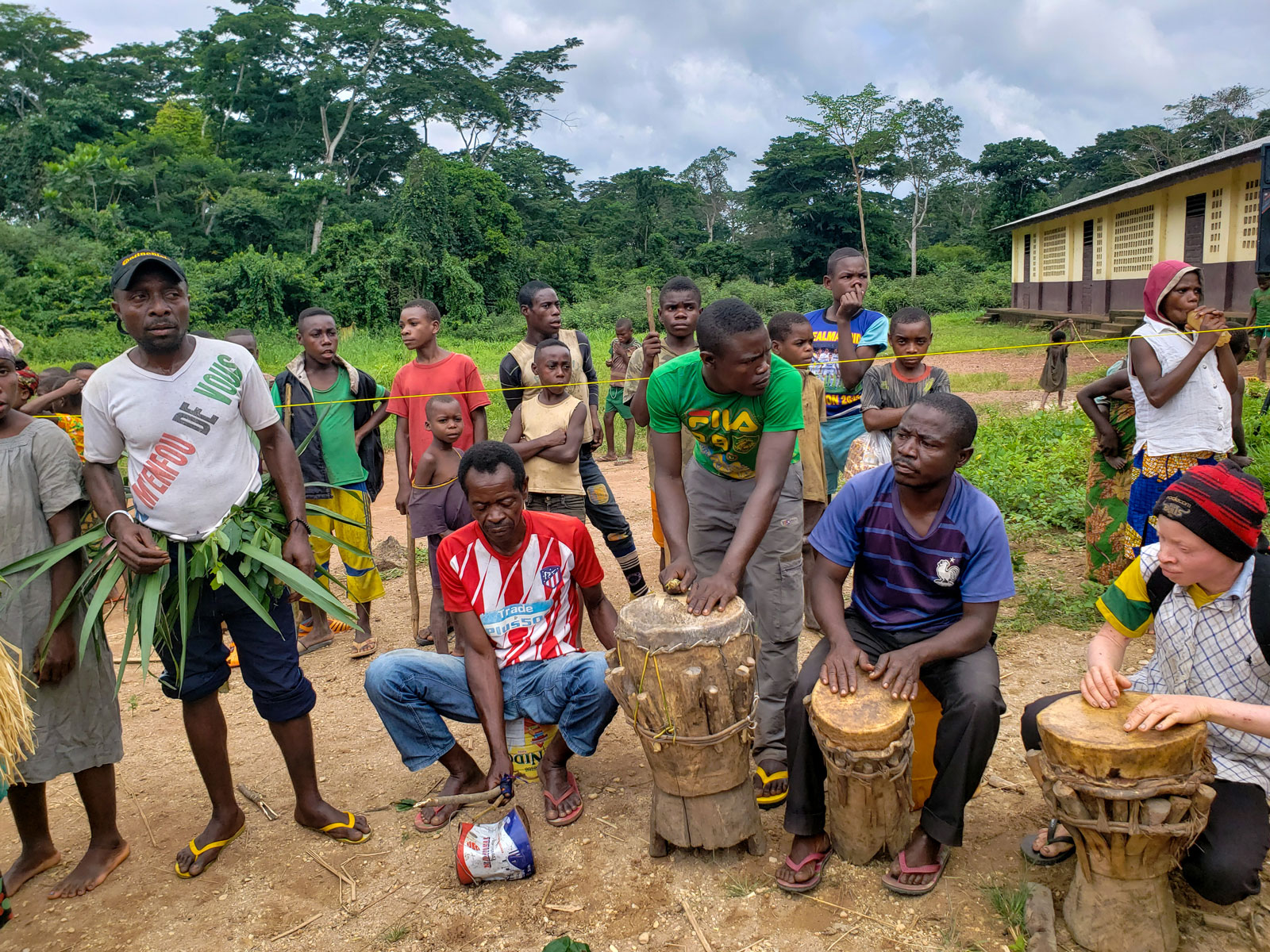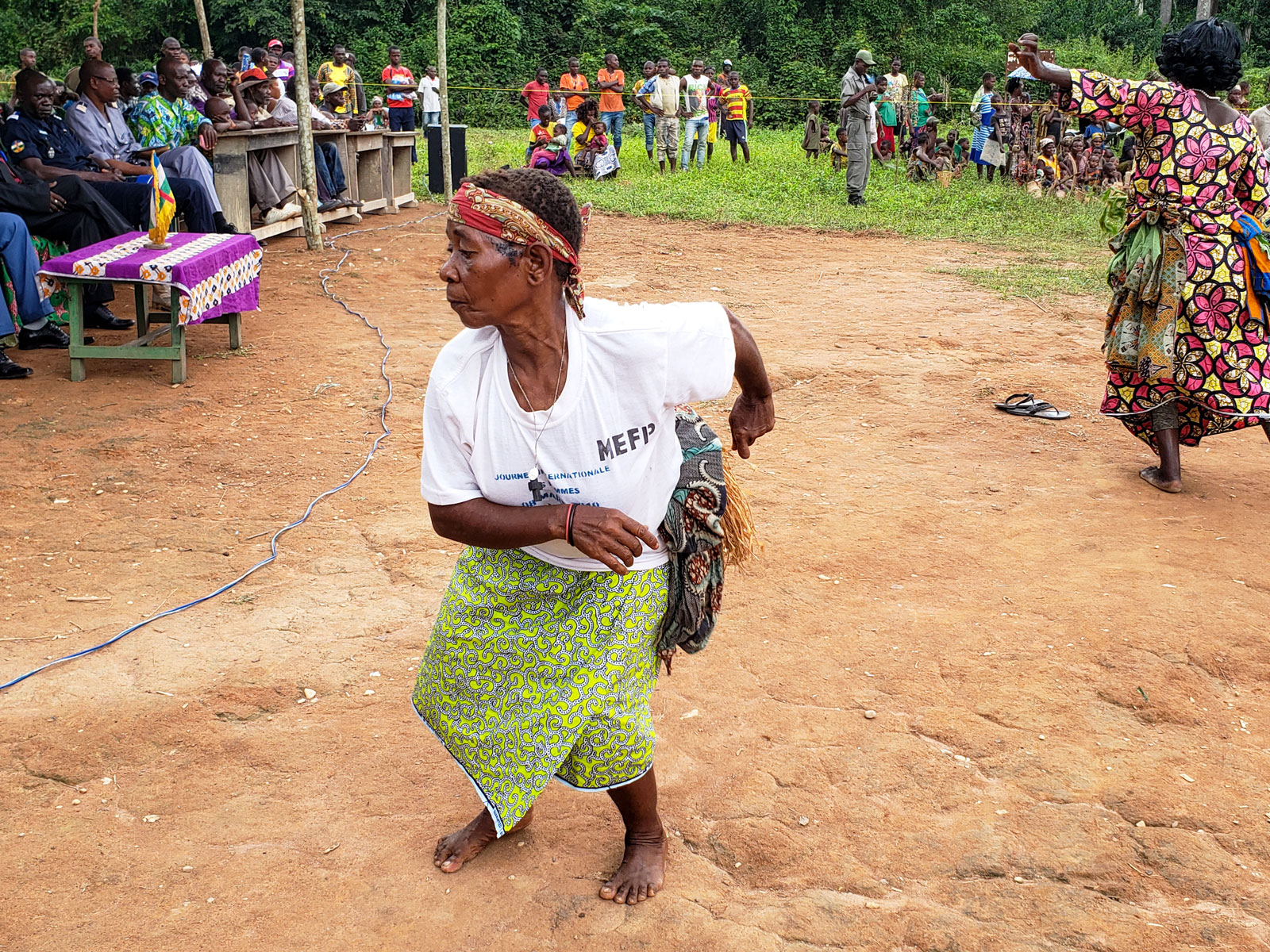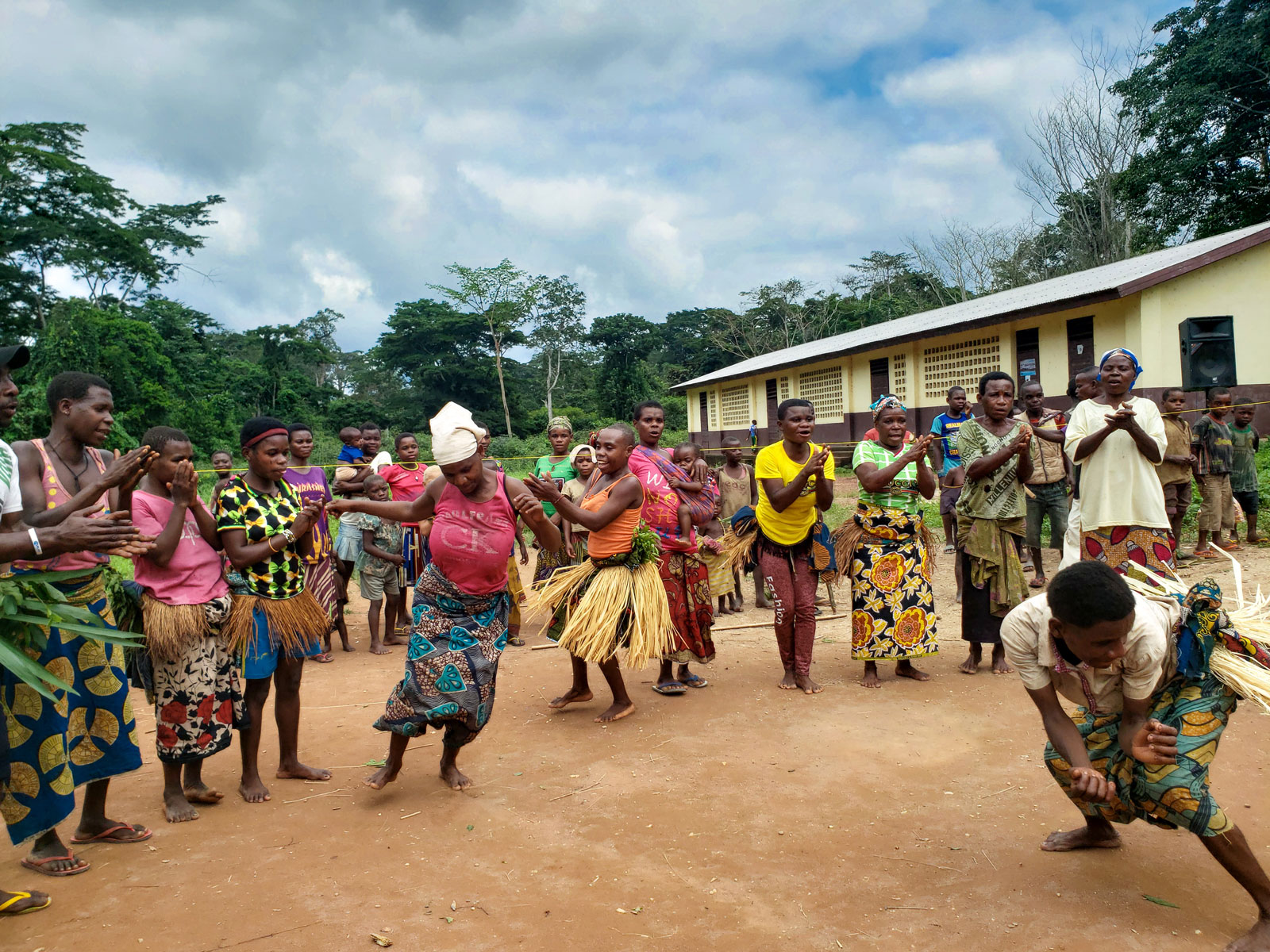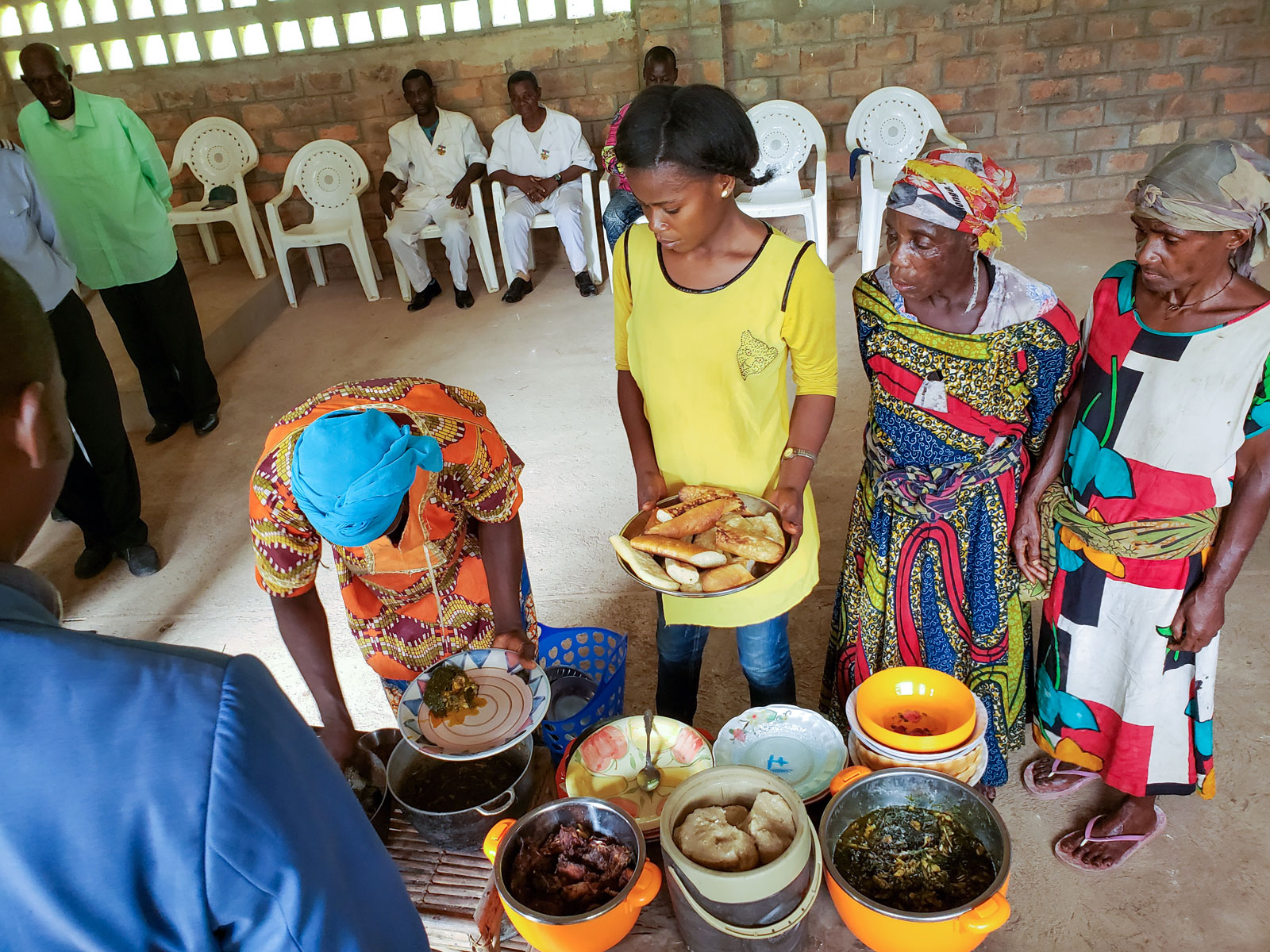
Indigenous languages are an important factor in matters that concern indigenous peoples such as education, economic development, the environment, etc.
In Mosapola, a village in the south of the Central African Republic, the Baaka and Sangha Sangha peoples gathered to celebrate this day. This gathering was organized by the Dzanga-Sangha Protected Areas Project (DSPA), with the financial support of the World Wildlife Fund (Central African Republic) as part of community development activities through the NDIMA-KALI association. The aim was to strengthen unity between the indigenous peoples of the Sangha-Mbaéré region.


Ndima-Kali is a BAAKA and Sangha-Sangha youth association that fights for the safeguarding of ancestral traditions and culture in order to promote social cohesion in DSPA.
During the celebration, the indigenous peoples presented their cultural dances as well as some of their traditional dishes.
“My language is my identity,” says one of the participants; Languages, being a means of communication, education and social integration of a population, must be preserved and revitalized. The 9th of August 2019 served as a reminder of the critical loss of indigenous languages.

Often marginalized, the UN estimates that indigenous peoples see at least one of their languages disappear every two weeks; a threat to their identity and their cultures.
Languages allow people to not only remember their history, traditions, mentality but also to build their future. They are crucial in the areas of protecting human rights, promoting peace and sustainable development while ensuring cultural diversity and intercultural dialogue.